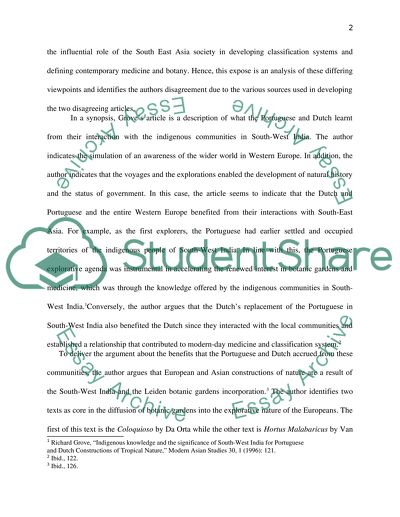Cite this document
(“Textual Analysis Of Western Europe In South-West India Essay”, n.d.)
Textual Analysis Of Western Europe In South-West India Essay. Retrieved from https://studentshare.org/history/1462071-textual-analysis-of-western-europe-in-south-west-india
Textual Analysis Of Western Europe In South-West India Essay. Retrieved from https://studentshare.org/history/1462071-textual-analysis-of-western-europe-in-south-west-india
(Textual Analysis Of Western Europe In South-West India Essay)
Textual Analysis Of Western Europe In South-West India Essay. https://studentshare.org/history/1462071-textual-analysis-of-western-europe-in-south-west-india.
Textual Analysis Of Western Europe In South-West India Essay. https://studentshare.org/history/1462071-textual-analysis-of-western-europe-in-south-west-india.
“Textual Analysis Of Western Europe In South-West India Essay”, n.d. https://studentshare.org/history/1462071-textual-analysis-of-western-europe-in-south-west-india.


